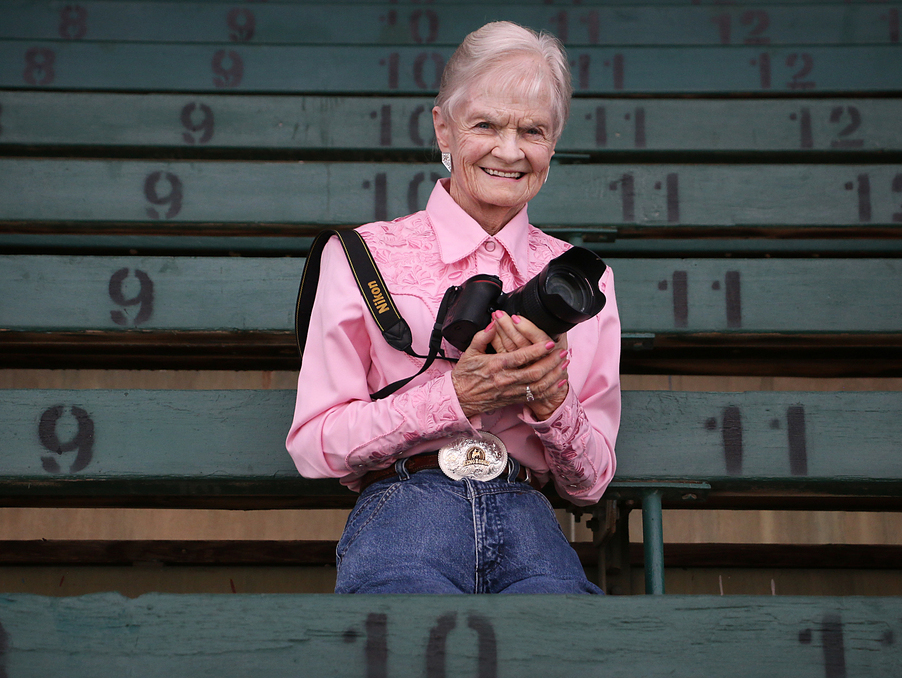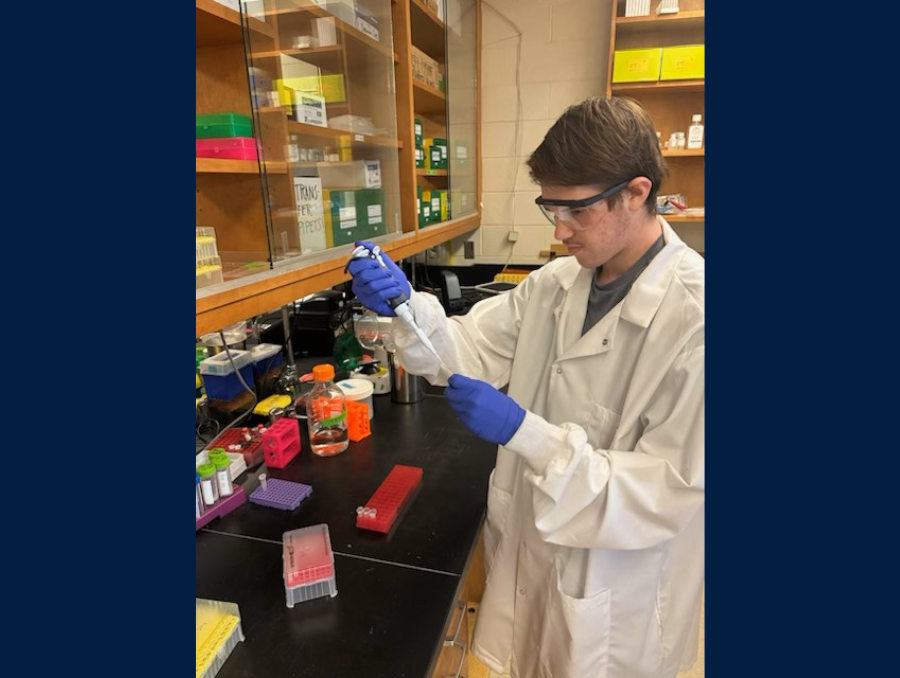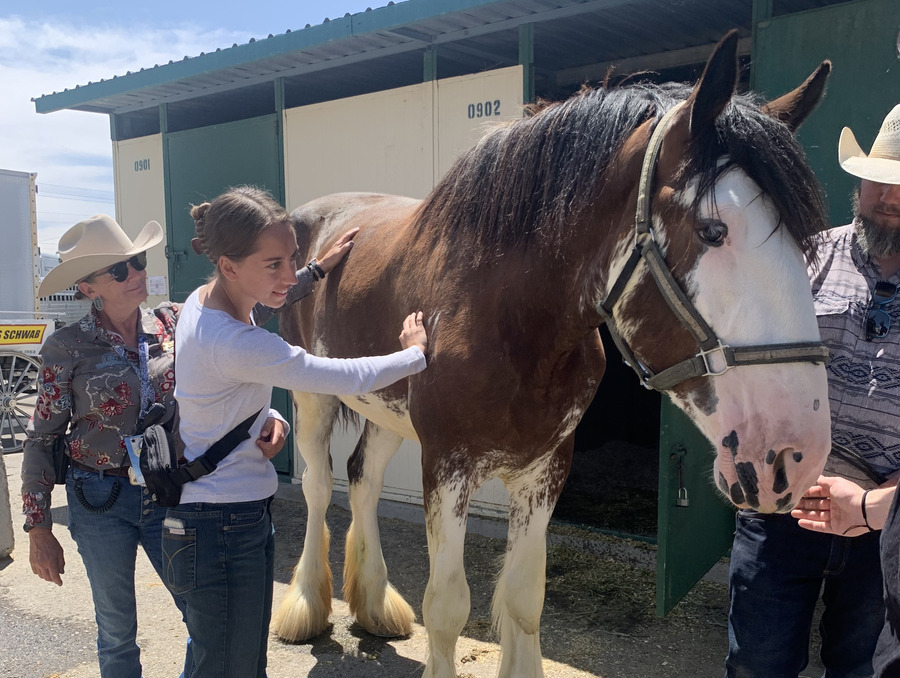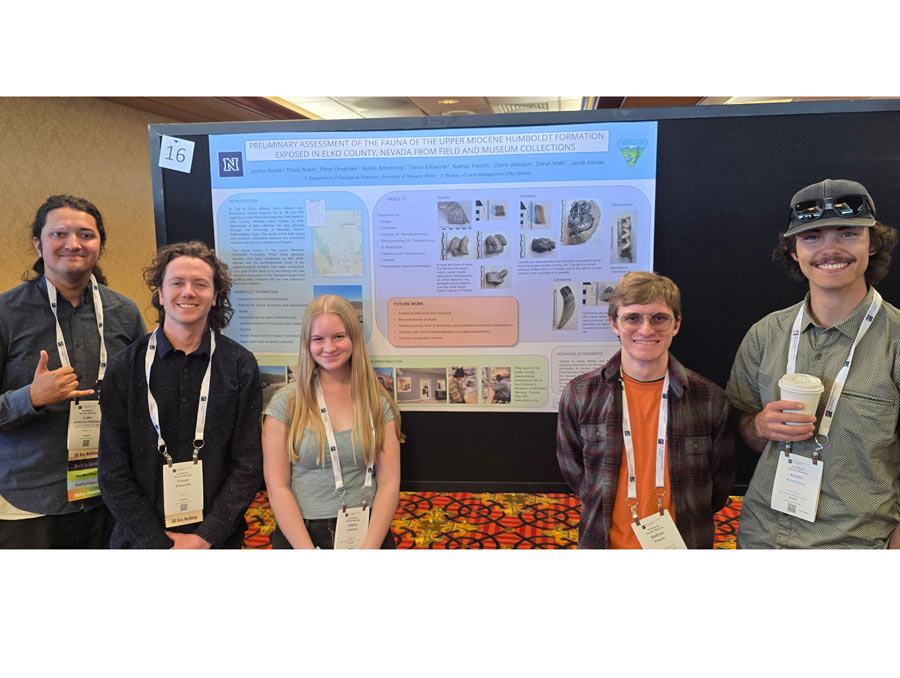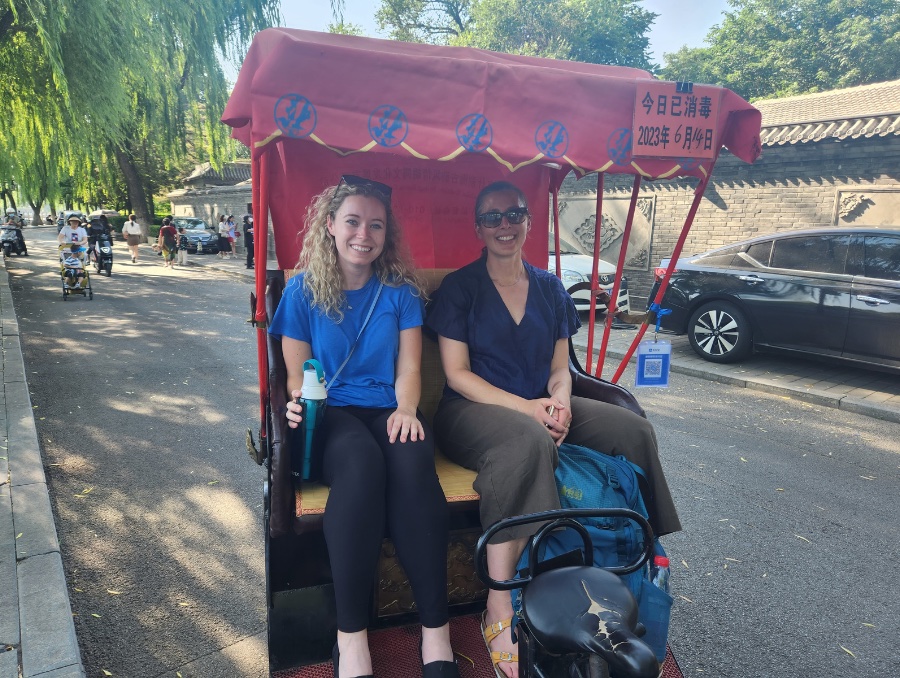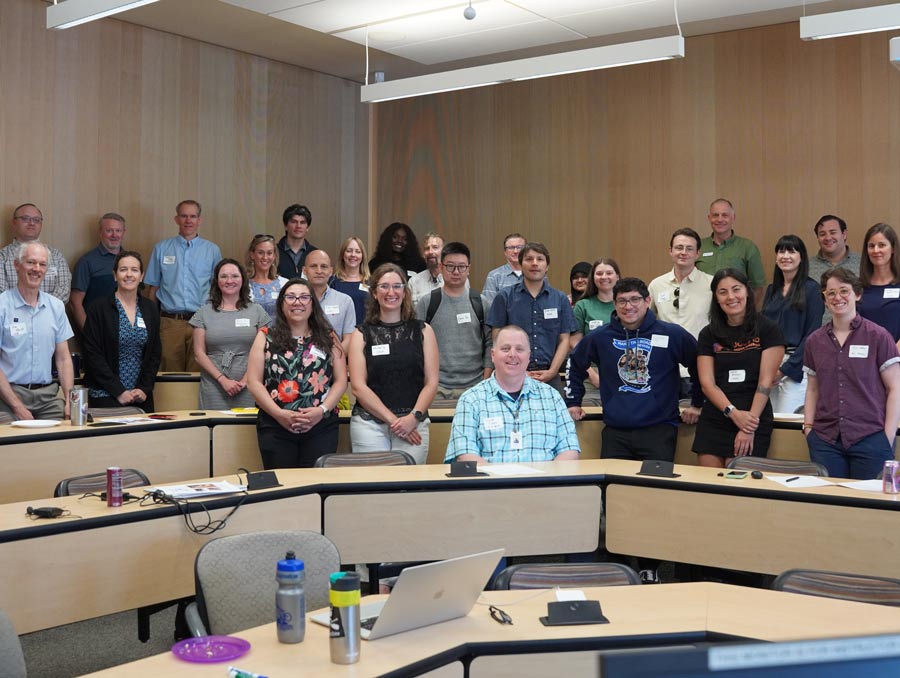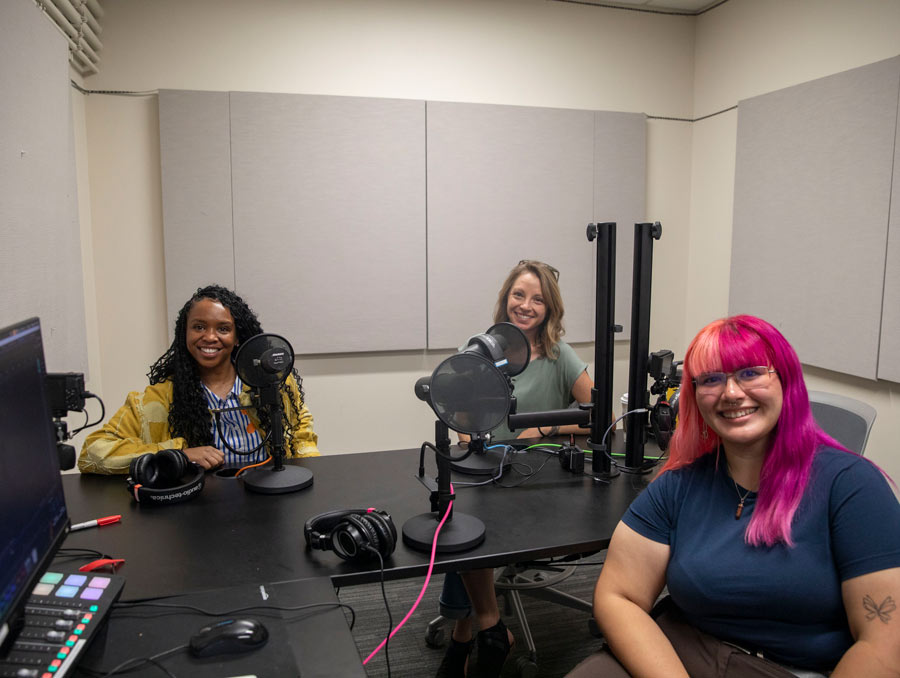The Basque separatist group ETA's October announcement of "the definite cessation of its military activity" marked the end of decades of violence and terrorism. For those working in the University of Nevada, Reno's Center for Basque Studies, the announcement brought relief and elation.
"A tragic chapter of 52 years has come to a close," said Joseba Zulaika, professor and co-director of the center. "ETA's initial liberationist activity later turned to violence and then to terroristic violence."
"Something expected for so many years finally has materialized after so many false hopes and cease fires that led nowhere," he said. "Removal of that shadow will be a huge relief."
Previous cease-fire announcements had been made by ETA, but not kept. The result, said Zulaika, was tremendous frustration by the Basque citizenry.
However, this latest announcement follows a different course of events, leaving Zulaika and many international observers optimistic about the prospect of continued peace. After breaking a cease-fire made in 2006, representatives of ETA began going from town to town across the Basque region of Spain to open dialogue with those who sympathized with the Basque nationalist movement. The ETA organization found that continued violence was eroding their base of support. This changing tide led to restoration of the cease-fire status and creation of an international forum of prominent leaders to certify the process of giving up arms and violence. As ETA moved away from violence, Basque nationalists began to have greater political success.
"After that, ETA realized that violence was obstructing their political goals," said Zulaika.
He noted that ETA's terrorist activities have created a "distorted view of what Basque culture and history stand for," and that the end of terrorism "will bring a more realistic perspective to the Basque image and aspirations."
The University's Center for Basque Studies conducts and publishes research on the history, language and culture of the Basques. The center offers a minor in Basque studies, a doctoral program and classes in Basque language. Located on the third floor of the Mathewson-IGT Knowledge Center and co-directed by Zulaika and Sandra Ott, the center includes an extensive Basque library collection. It regularly hosts visiting scholars, helping link the University to the international community and advancing the University's academic reputation abroad.
During a visit to the University in 2010, Patxi Lόpez, president of the autonomous Basque Government, called the center "the leading research and education institute of its kind outside the Basque country."


